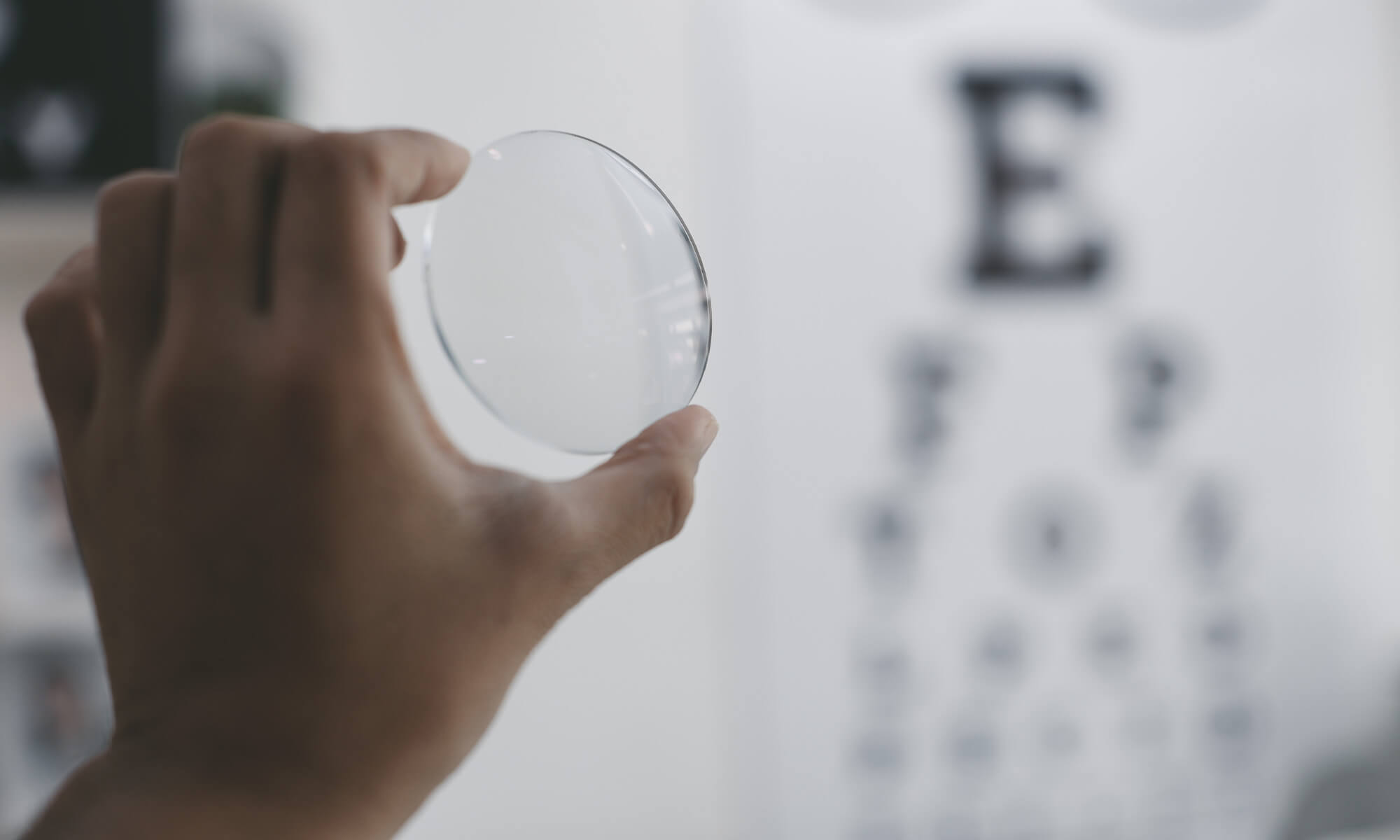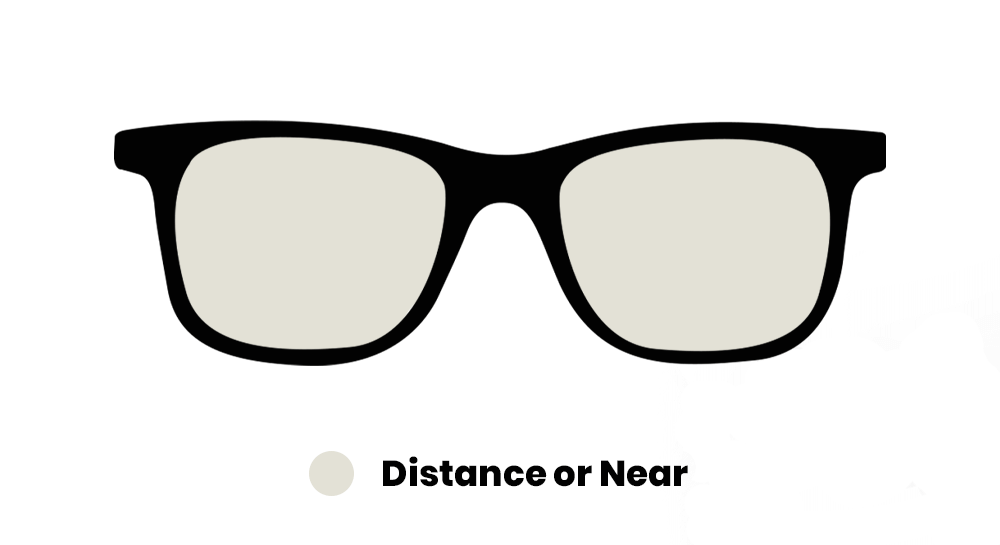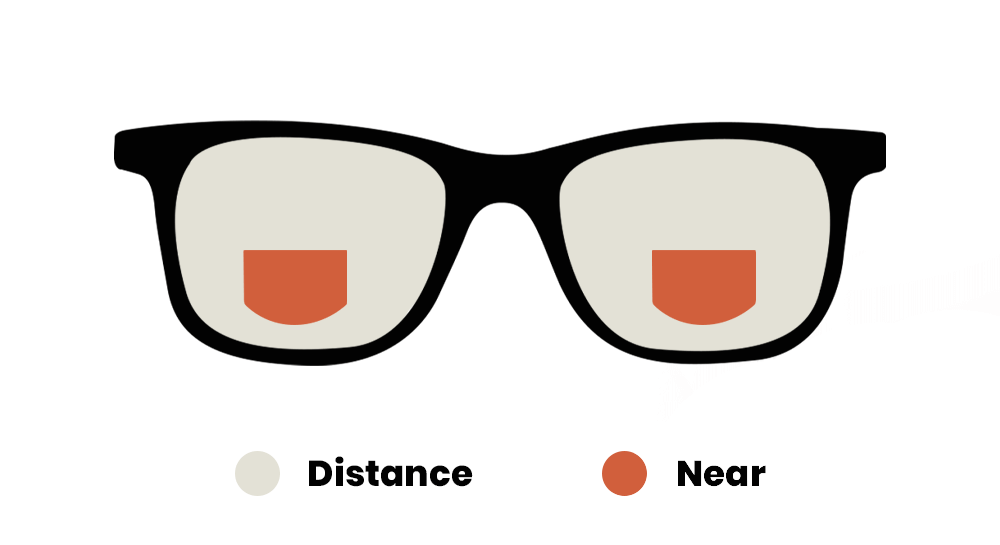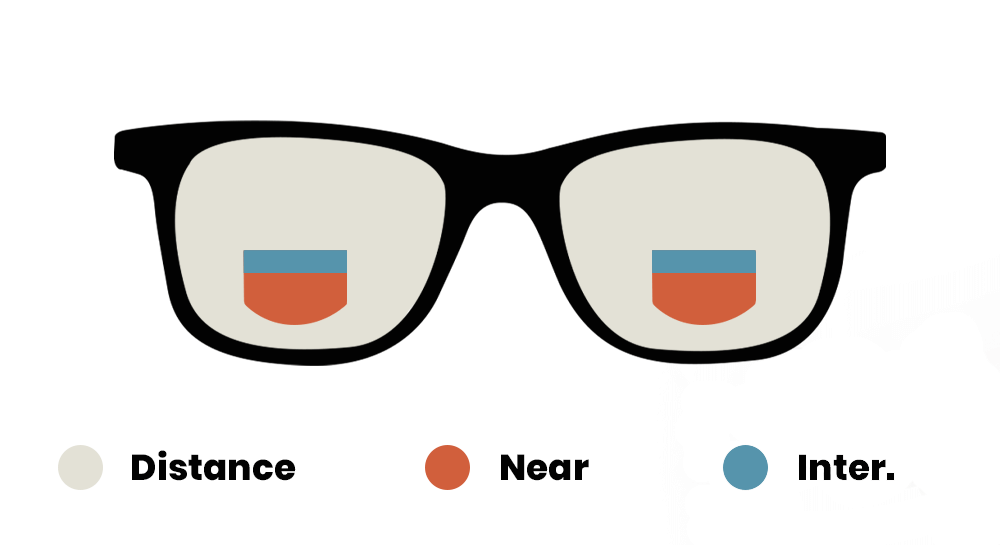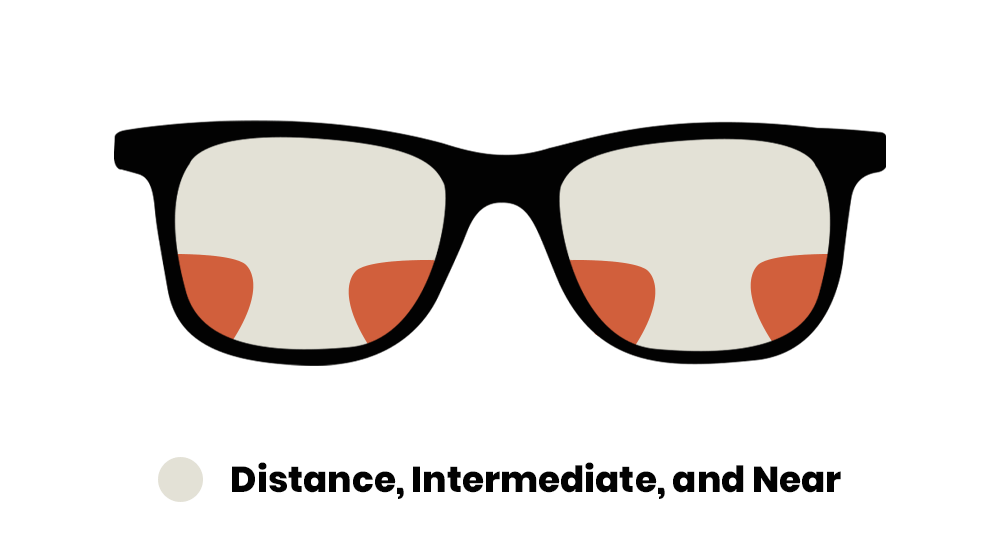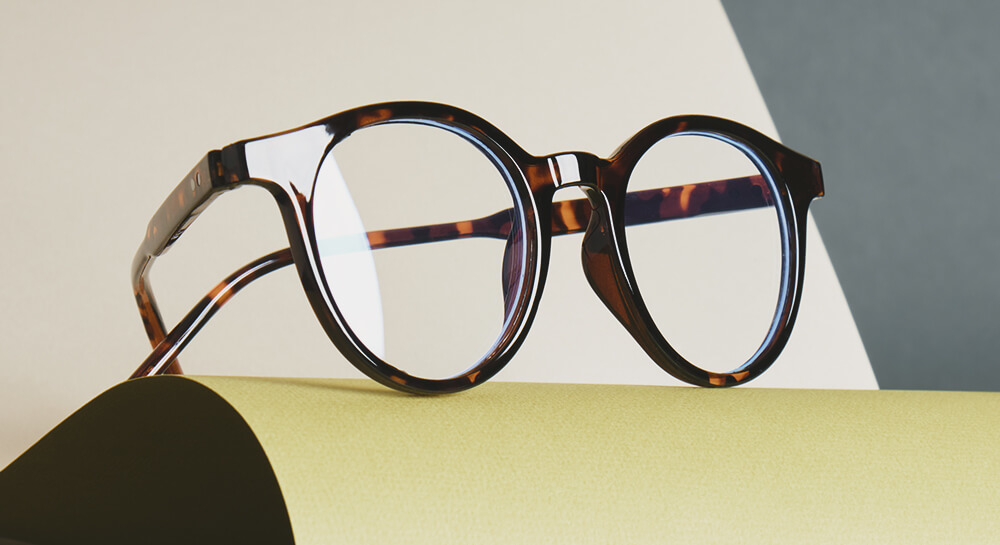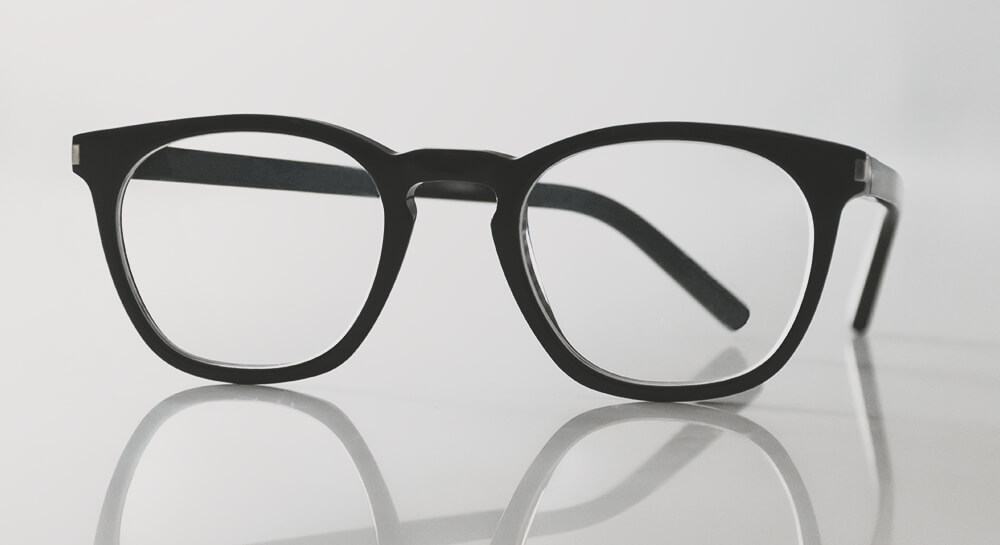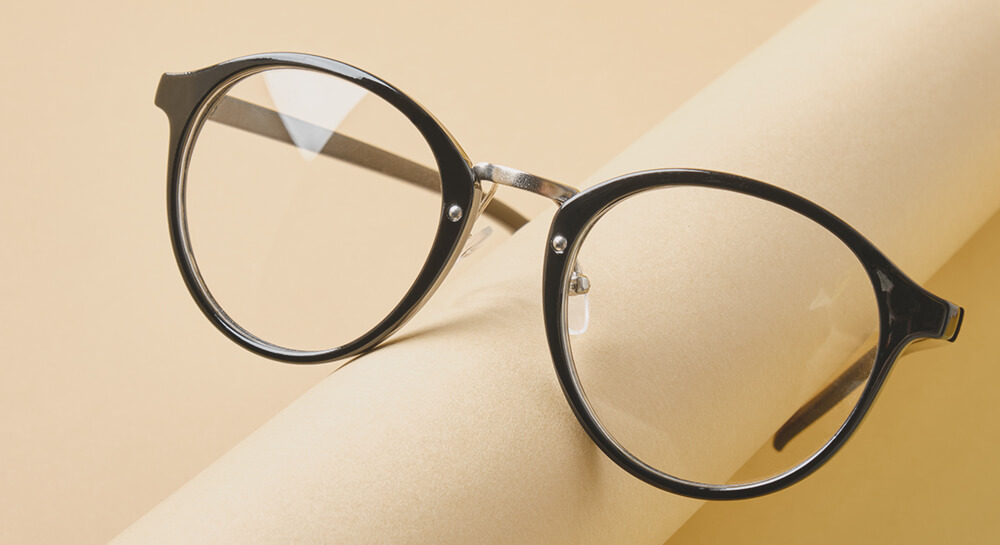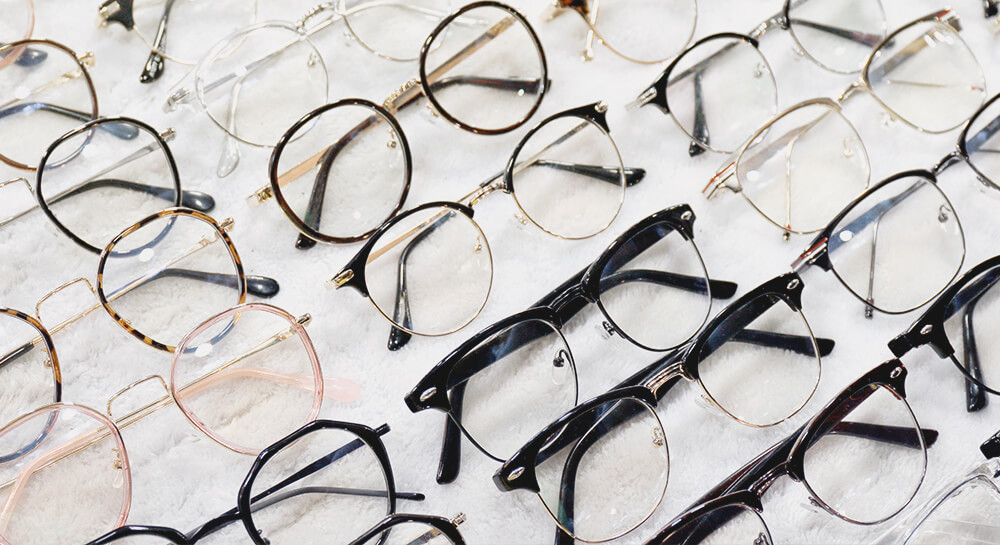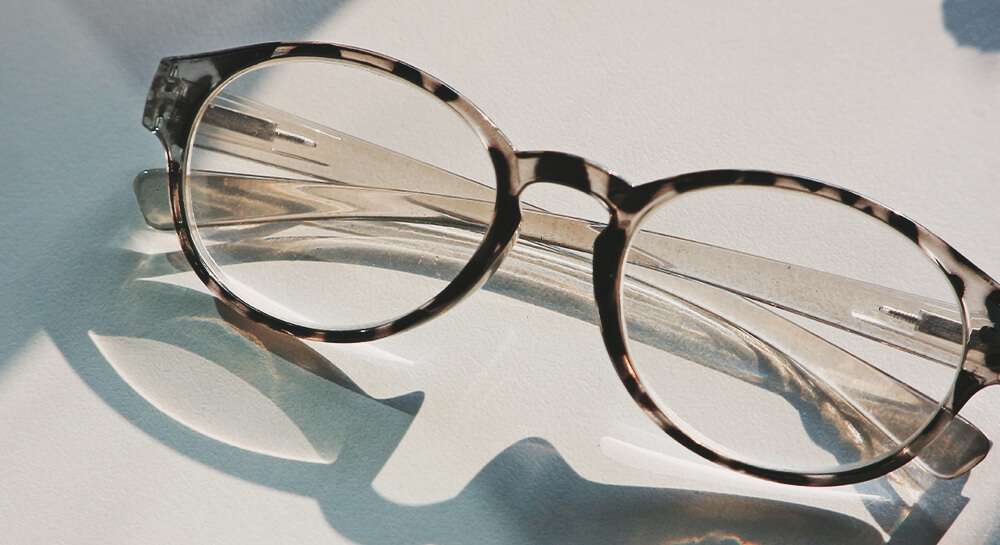When it comes to eye health, knowing which eye care professional to see can be confusing. Are you due for a routine eye exam, need new glasses, or dealing with a more serious condition that may require surgery? While there are different professionals who care for your eyes, it’s important to note that ophthalmologists are the only true medical eye doctors (which makes the title of this blog a little confusing, but hey at least AI isn’t writing it!). Optometrists handle routine vision care, and opticians focus on fitting eyewear. Understanding the differences will help you choose the right specialist and get the proper care for your eyes.
Let’s explore what each of these professionals does, so you’ll know exactly who to contact for your next eye appointment.
What Does an Optometrist Do?
Optometrists (OD) are often the first stop for anyone experiencing vision problems or needing routine eye care. While they are not “medical doctors”, they are licensed professionals who have completed a four-year optometry program after college. Their training allows them to diagnose and manage various eye conditions, but they are primarily focused on vision care and correcting refractive errors like nearsightedness, farsightedness, and astigmatism.
Services Provided by Optometrists:
- Routine Eye Exams: Optometrists perform comprehensive eye exams to assess your vision and overall eye health. These exams check for common vision issues such as nearsightedness, farsightedness, and astigmatism. They also examine your eyes for early signs of diseases like glaucoma or cataracts.
- Prescriptions for Glasses and Contact Lenses: Optometrists determine your prescription for corrective lenses. They can help you choose between glasses or contacts and provide guidance on lens options like anti-glare coatings or bifocals.
- Basic Eye Treatments: Optometrists can treat minor eye conditions such as dry eyes, eye infections, and eye strain. For more serious conditions, they will refer you to an ophthalmologist.
- Management of Eye Diseases: Although optometrists are not surgeons, they can diagnose and help manage certain chronic eye conditions such as glaucoma, macular degeneration, and diabetic retinopathy. For advanced care or surgery, they will coordinate with an ophthalmologist.
When to See an Optometrist:
If you are experiencing blurry vision, headaches from eye strain, or it’s time for your regular eye check-up, an optometrist is your best bet. They can help you stay on top of your vision health and ensure that your prescription is up to date. Regular visits to an optometrist are especially important if you wear glasses or contacts.
What Does an Ophthalmologist Do?
Ophthalmologists (MD or DO) are medical doctors who specialize in eye and vision care. They have completed medical school, followed by a residency in ophthalmology, which includes surgical training. Ophthalmologists can perform eye surgeries, diagnose and treat complex eye diseases, and provide comprehensive care for all aspects of eye health.
Services Provided by Ophthalmologists:
- Eye Surgery: One of the key differences between optometrists and ophthalmologists is that ophthalmologists are licensed to perform surgeries. These include procedures like cataract surgery, LASIK for vision correction, and surgeries to treat retinal diseases or glaucoma. If you require surgery to correct vision or manage a serious eye condition, you’ll be referred to an ophthalmologist.
- Treatment of Serious Eye Conditions: Ophthalmologists treat complex and chronic eye diseases such as glaucoma, diabetic retinopathy, macular degeneration, and retinal detachments. They also manage eye trauma or injuries that require immediate or surgical intervention.
- Prescriptions and Routine Eye Exams: Like optometrists, ophthalmologists can also perform routine eye exams and prescribe glasses or contact lenses. However, they typically focus on patients with more specialized or severe eye health needs.
When to See an Ophthalmologist:
If you have been diagnosed with a serious eye condition or your optometrist has identified a problem that requires surgical intervention, you should see an ophthalmologist. They are the specialists who can provide advanced care and surgery when needed.
What Does an Optician Do?
Opticians are trained technicians, not doctors, but they play an important role in eye care. They work closely with both optometrists and ophthalmologists to provide eyewear solutions based on the prescriptions written by these eye care professionals. Opticians specialize in the fitting and adjustment of glasses and contact lenses, ensuring that your eyewear works correctly and fits comfortably.
Services Provided by Opticians:
- Visit an Optometrist for routine eye exams, new prescriptions for glasses or contacts, or treatment of minor eye conditions like dry eyes.
- See an Ophthalmologist if you need surgery, have a complex eye disease like glaucoma or macular degeneration, or have been referred for advanced care by your optometrist.
- Go to an Optician when you need help selecting or adjusting your glasses or contact lenses, or when your eyewear needs repairs.
When to See an Optician:
If you’ve recently received a new prescription for glasses or contacts, an optician will be the one to help you select and adjust your eyewear. If your glasses feel uncomfortable or need repairs, an optician can provide the necessary adjustments to ensure they fit perfectly.
Who Should You See?
Choosing the right eye care professional depends on your specific needs:
By understanding the different roles each type of eye care professional plays, you can make the right choice and ensure your eyes get the best possible care. Whether you need routine vision correction or advanced medical treatment, knowing who to see will save you time and help you maintain healthy vision.






